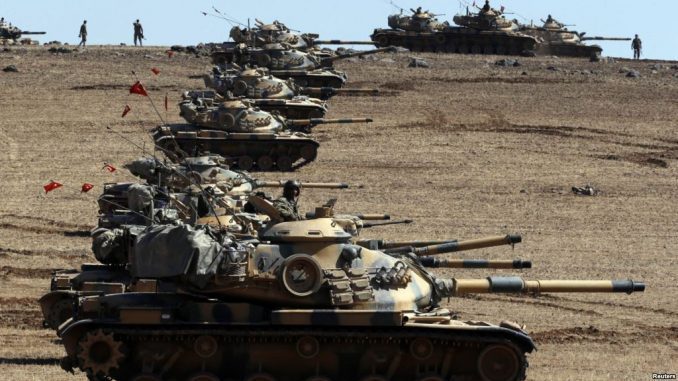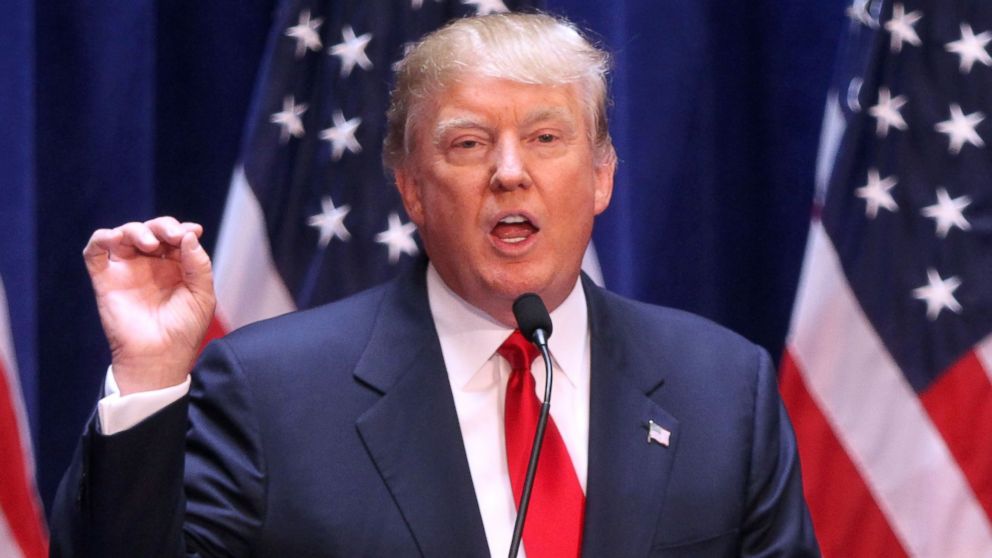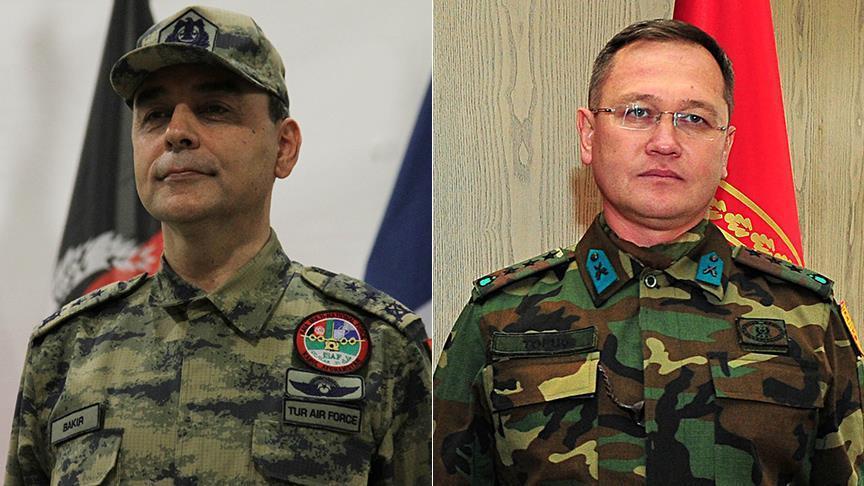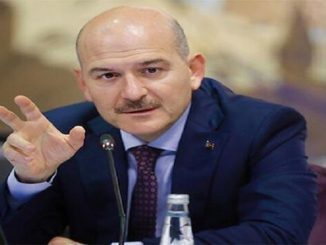
As Turkish military seems close to ending the battle against ISIS in al-Bab, it started preparing for its next big battle in Raqqa and sought to get US help with it, after months of political desertion.
Turkey’s military operation in Syria named Euphrates Shield, which was launched last August to drive Islamic State militants from its border and prevent Kurdish fighters from gaining ground and strengthening their positions, has changed the balance of power in northern Syria and added more tension to the already complicated area.
Turkey operations started on August 24 alongside allied rebel forces who have managed to retake the ISIS stronghold of Jarabulus, alongside with al-Rai to the west and Dabiq city. Now their operation is focused on al-Bab as the last major stronghold for ISIS in northern Syria.
Turkey’s operations against ISIS aim at ending the group’s existence near its borders and the group’s ability to pose threat to its internal peace.
Turkey also supports the Syrian rebels in the north and considered one of the opposition’s main backer, what led it in the end to become one of the peace guarantees in Syria and a part in securing a suitable environment for the political process that will end the crisis.
The Turkish administration had differences with the Obama administration in the Kurdish issue, and thus Turkey moved to Russia and coordination with the US in al-Bab battle was largely absent.
However, Erdogan hopes that the relations can rest again under Trump and the both countries cooperate to achieve their mutual interests.
Erdogan-Trump joint goals
Recep Tayyip Erdogan, Turkey’s president, raised the battle for al-Bab in a telephone conversation with Donald Trump on Tuesday.
Turkish officials said that Erdogan urged the US president to curb Washington’s support for Syrian Kurdish militia, known as the YPG, and cited Turkish progress in al-Bab to argue it would be a better partner in the fight for Raqqa.
The White House said that in the phone call, Trump spoke about the two countries’ “shared commitment to combating terrorism in all its forms” and welcomed Turkish contributions to the fight against Islamic State. But it gave few details.
Sources in Erdogan’s office said the two leaders had touched on issues including a “safe zone”, as well as the regional migrant crisis and the fight against terrorism. Turkey has long advocated a secure zone for displaced civilians in Syria threatened by Islamist militants or forces fighting for Syrian President Bashar al-Assad.
They also said Erdogan had urged the United States not to support the Syrian Kurdish YPG militia and that new CIA Director Mike Pompeo would be in Turkey on Thursday to discuss that and other issues with Turkish counterparts.
There was no immediate confirmation from Washington of Pompeo’s visit. But the offices of both leaders said Trump had reiterated U.S. support for Turkey “as a strategic partner and NATO ally” during Tuesday’s phone call.
During a televised interview, Presidential spokesperson İbrahim Kalın confirmed that an agreement was reached between both President Erdoğan and Trump on the need for increased cooperation against ISIS, and that Ankara has proposed a detailed road map to Washington on a possible operation against the ISIS stronghold Raqqa, and that discussions are currently underway.
Kalın also added that Ankara communicated its concerns over issues left behind by the Obama administration (FETÖ and support to the PKK-affiliated YPG), and that Trump responded that these issues are being dealt with by the relevant units in his administration.
Next goal: Raqqa, US cooperation needed
The Euphrates Shield Operation has made important progress in capturing al-Bab and the next target will be the Syrian city of Raqqa, the de facto capital of the Islamic State (ISIS), Turkish Foreign Minister Mevlüt Çavuşoğlu has said.
“For this reason, the al-Bab operation should be completed as soon as possible. In recent days, our special forces, our troops and the soldiers of the Free Syrian Army have made serious progress. The air support from the coalition and Russia’s operations against ISIS have also contributed to this. We want to complete this operation as soon as possible,” Çavuşoğlu said.
He reiterated Ankara’s position that members of the U.S.-led anti-ISIS coalition could send special operations teams to seize Raqqa from ISIS without relying on the Syrian Kurdish Democratic Union Party (PYD), Washington’s main local ally against ISIS but a group detested by Ankara for its ties to the outlawed Kurdistan Workers’ Party (PKK).
However, the presence of Kurdish militias may complicate the mission.
The Syrian Democratic Forces (SDF) alliance, which is dominated by the Kurdish YPG militia, is supported by the US as the latter uses them in its war against ISIS.
The SDF, backed by US coalition, launched a campaign with the ultimate aim of capturing Raqqa in November. The first two phases focused on capturing areas to the north and west of Raqqa, part of a strategy to encircle the city.
The first phase was pushing from the north. The second one was pushing from the west. And now, in the third phase, the forces are trying to push from the east.
The U.S.-led coalition fighting Islamic State has boosted support for its Syrian allies, supplying armored vehicles for the first time as they prepare for a new phase in their campaign, a move that angered Ankara.
However, the latest developments between Erdogan and Trump might make Turkey’s goal easier, as Trump has no real interest in backing the Kurds other than accomplishing his goals in fighting ISIS.



